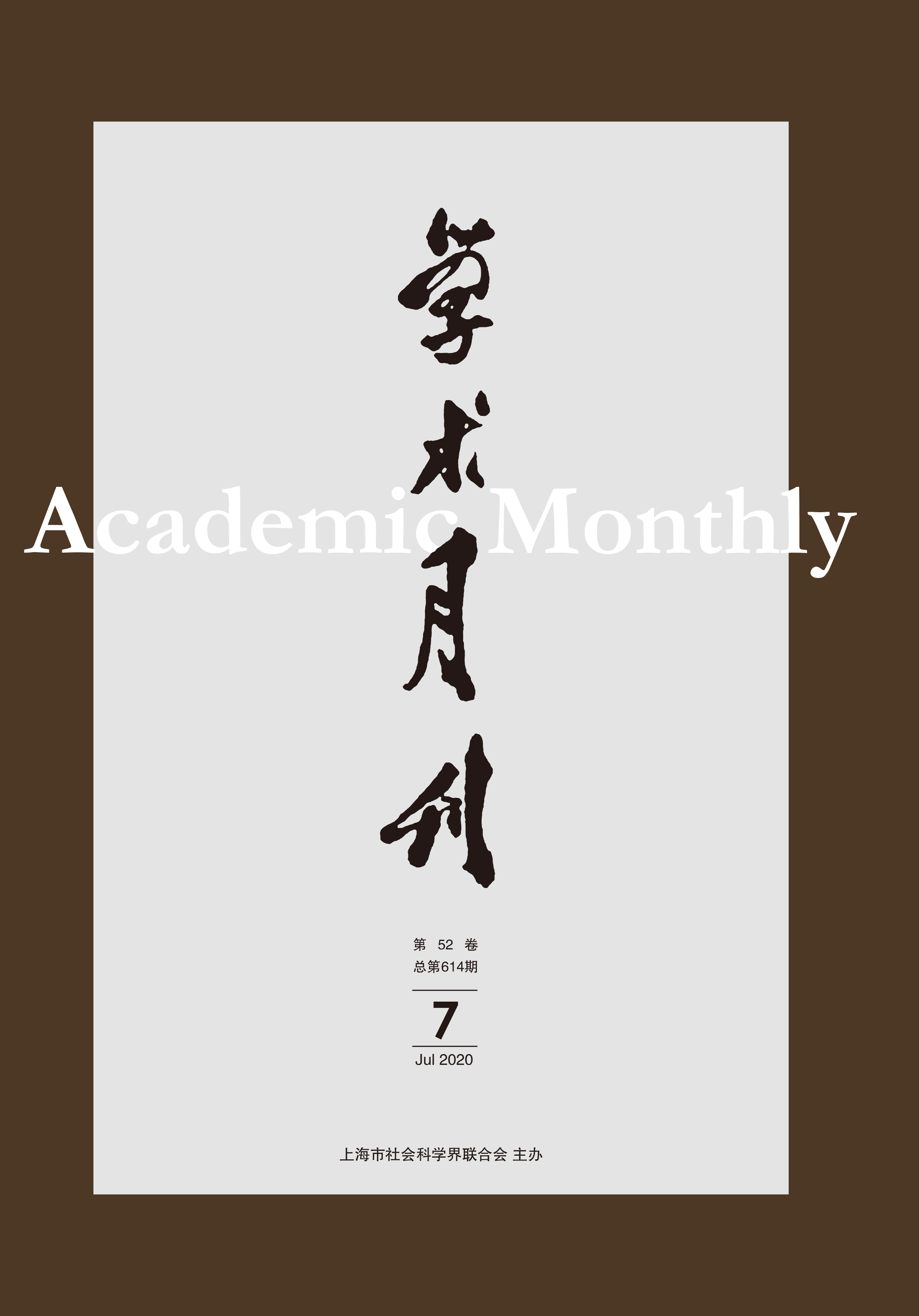Citation:
Yi LI. The Language Authorization in the Development of Modern Chinese Literature[J]. Academic Monthly, 2020, 52(7): 126-134.

The Language Authorization in the Development of Modern Chinese Literature
-
Abstract
In fact, the elucidation of the relationship between power and discourse by contemporary Chinese critics has completed the transformation from micro to macro. It is an important topic to discuss the influence of political power and language in the development of modern Chinese literature. Political power results in the violence of literary discourse and some plausible discourse logic. Of course, rebellious discourse also exists all the time, and constitutes a special rhetoric of modern Chinese literature. The implementation of the May 4th vernacular is the most prominent achievement of modern intellectuals’ resistance to the discourse of political power. The criticism of this historical movement titled “cultural hegemony” is not only seriously divorced from the facts, but also the biggest misunderstanding of the concept of discourse / power itself.
-

-
References
-
Access
-
-
[1]
Qinghua CAO
. Jianghu Imagination and Power Practice. Academic Monthly,
2019, 51(9): 143-151, 184.
-
[2]
Zhongjiang WANG
. The Basis of Legitimacy of Political Power: The Form and Constitution of Early Confucianism “Theory of People’s Wishes”. Academic Monthly,
2021, 53(3): 5-16.
-
[3]
. . Academic Monthly,
2022, 54(5): 1-2.
-
[4]
. . Academic Monthly,
2017, 49(05): 128-134.
-
[5]
Daren LAI
, Yuzhou ZHANG
. Discourse Construction of Theory of Chinese Literature Essence: Modern Generation and Contemporary Evolution. Academic Monthly,
2022, 54(11): 160-168, 206.
-
[6]
. . Academic Monthly,
2016, 48(08): 113-123.
-
[7]
Bohai CHEN
. Searching a Way in Constructing Contemporary Chinese Discourse in Literary Theory. Academic Monthly,
2020, 52(2): 142-147.
-
[8]
. . Academic Monthly,
2016, 48(03): 113-119.
-
[9]
Meng HOU
. The Change of Political and Legal Discourse of New China. Academic Monthly,
2020, 52(2): 119-128.
-
[10]
Guoqiang YANG
. Politics of Literati-officials: Political Power and Culture of Imperial Examination System. Academic Monthly,
2021, 53(11): 200-216.
-
[11]
,
. . Academic Monthly,
2021, 53(12): 206-211.
-
[12]
. . Academic Monthly,
2017, 49(02): 25-33.
-
[13]
Xudong CHEN
, Lin CHENG
. Research on History of Modern Chinese Economic Thought and Construction of Academic Discourse System in the New Era. Academic Monthly,
2019, 51(6): 45-52.
-
[14]
. . Academic Monthly,
2016, 48(09): 38-48.
-
[15]
. . Academic Monthly,
2017, 49(02): 5-12.
-
[16]
YANG Xiangrong
. . Academic Monthly,
2018, 50(6): 113-120.
-
[17]
QI Weiping
. New Mission and New Narrative: The Discourse Creation of Modern Civilization of Chinese Nation. Academic Monthly,
2024, 56(2): 21-32.
-
[18]
Jianyong FENG
, Yuhai HU
. Geopolitics and Power Competition. Academic Monthly,
2021, 53(7): 187-201.
-
[19]
Rong MA
. “Barbarian” Domination in the Core Area in the History of Cultural and Political Interactions in China. Academic Monthly,
2019, 51(2): 167-175.
-
[20]
. . Academic Monthly,
2016, 48(04): 5-10.
-
-



 沪公网安备 31010102003103号
沪公网安备 31010102003103号 DownLoad:
DownLoad: